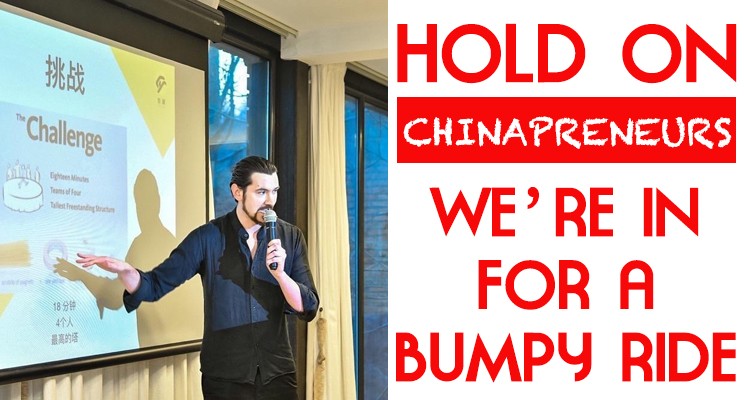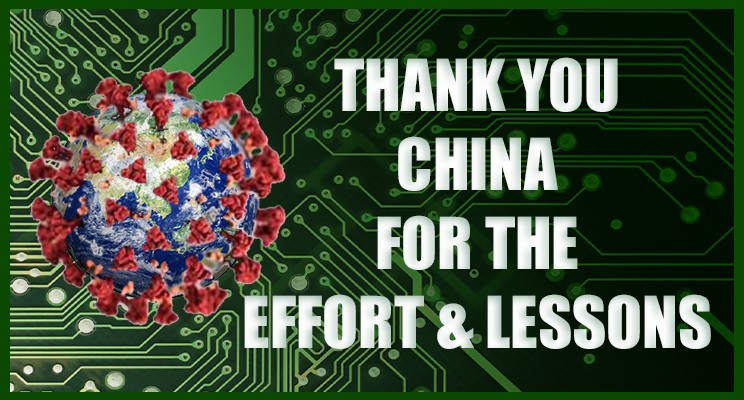How Can We Tap into the Chinese Market (from anywhere in the world)?
While the trade war had been impacting China in 2019, according to McKinsey, “although traditional drivers of China’s economy—investment, exports, and manufacturing—are struggling, the country’s consumers remain confident….Consumers in China are proving to be remarkably resilient and remain a powerful, transformative force not just in China but also across the globe.” McKinsey is predicting that China’s future … Read more









